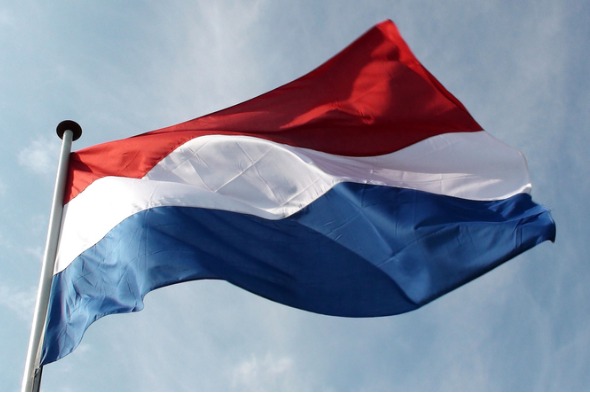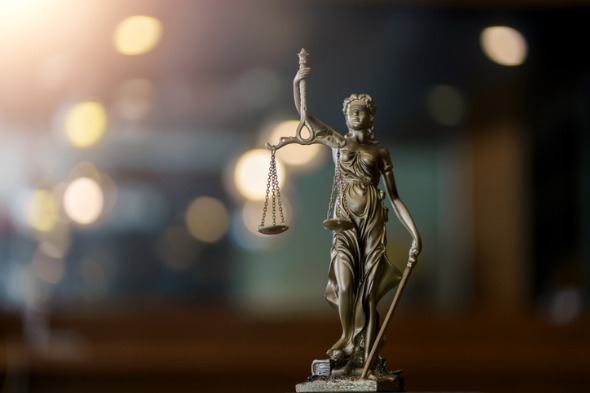Airbus Investors Recovery Limited’ claims for investor damages have been dismissed by the Amsterdam District Court. The court ruled that Airbus provided investors with timely and accurate information about the corruption scandal it was involved in. Airbus is also not required to disclose the settlement agreements it entered into with various authorities. The ESG argument that "the big corporates of this world also have to comply with (ESG) rules" also failed to benefit Airbus Investors Recovery Limited. There are also two opt-out proceedings pending against Airbus under the Dutch “WAMCA-regime” for the same issue. This ruling is expected to negatively impact these two proceedings.

Airbus settlement of EUR 3.6 billion over global corruption and bribery
Airbus, formerly EADS, is a listed holding company based in the Netherlands. Airbus is an internationally operating group that focuses, among other things, on designing, manufacturing and delivering aircraft and aerospace products. In 2014, an internal Airbus investigation revealed serious violations of compliance policies and flagged concerns about payments to commercial agents. In April 2016, Airbus shared its report with the UK Serious Fraud Office. After which, the French National Financial Prosecutor's Office (“PNF”) and the US Department of Justice also became involved.
The DoJ, the SFO and the PNF subsequently spent several years investigating global corruption and bribery by Airbus. Investigations revealed that the commercial agents used by Airbus were channeling bribes from Airbus to senior airline and government officials on a large scale. These commercial agents were also sometimes beneficiaries of the bribes themselves.
On 28 January 2020, Airbus announced that it had reached a settlement with the French, UK and US authorities totaling EUR 3.6 billion.
Investor damage claims and claim access to settlement agreements
Airbus Investors Recovery Limited ("AIRL"), a Guernsey-based special purpose vehicle has acquired claims from institutional investors in Airbus. The acquired claims relate to investor losses in connection with Airbus' non-disclosure of the corruption scandal.
AIRL believes that Airbus has perpetuated the corruption scandal since 2008 and has failed to provide investors with adequate or sufficient insight into the extent, seriousness and implications of the bribery and corruption practices. As a result, Airbus created a false picture of the state of the company. According to AIRL, the concealment of the scandal caused an artificially high price of Airbus shares, resulting in investors who subsequently bought these shares to overpay.
AIRL further argued that it has an interest in the claimed declaratory judgment, even if Airbus' allegedly wrongful conduct did not result in any losses for investors, since investors had the desire to see it established that
"the big corporates of this world also have to comply with (ESG) rules".
Finally, access was also demanded to the unedited and uncensored settlement agreements Airbus concluded with the French, English and US authorities, plus other (internal) documents.
The Amsterdam Court's decision
In its judgment (only available in Dutch) of 30 August 2023, the Amsterdam District Court ("Court") ruled as follows: The core of the case revolves around the question whether (the board of) Airbus had inside information about corruption and bribery practices in its business and the financial consequences of (criminal) investigations into them, which it wrongfully failed to disclose.
The Court then considered six different periods and/or events where Airbus may have possessed information about the bribery practices that it should have disclosed.

For the period 2008 to 2014, the court ruled that AIRL had not presented evidence to determine a concrete case and thus no wrongdoing had been proven.
Four other periods and/or events were also examined with the Court concluding that:
- certain information Airbus did not disclose would not have had a significant impact on the Airbus share price,
- that Airbus disclosed all information available to it at the time,
- and/or that Airbus did not possess inside information.
In only one particular period did the Court leave it open regarding whether Airbus may have possessed inside information, primarily as Airbus was not obligated to disclose it (due to the deferral option of Clause 17(4) Market Abuse Regulation).
Regarding AIRL's request to examine the unedited and uncensored settlement agreements, in addition to other (internal) documents, the Court concluded that AIRL had no legitimate interest in requesting such access because, among other things, the added value was unclear.
The Court did not address AIRL's ESG argument, but it may be concluded that this argument also failed to benefit AIRL.
The above leads the Court to conclude that Airbus provided investors with timely and accurate information and dismisses all claims.
Impact on two pending Airbus opt-out WAMCA-proceedings against Airbus for investor losses
In addition to these proceedings by AIRL, two WAMCA proceedings are also pending against Airbus:
- The proceedings of “Investor Loss Compensation Foundation”.
- The proceedings of “Airbus Investors Recovery Foundation”.
Both of these WAMCA-proceedings are currently at a preliminary stage. No lead plaintiff has yet been appointed and the debate on the merits of the case has not yet commenced.
However, both WAMCA-proceedings (largely) address the same facts and allegations that were raised in the AIRL-proceedings and also have the aim to obtain damages on behalf of investors. Airbus Investors Recovery Foundation's subpoena further states this foundation works closely with AIRL.
It is to be expected that the AIRL ruling will have a negative impact on both WAMCA-proceedings. This will only be different if additional (and stronger) evidence has been or will be introduced in the WAMCA-proceedings to further support the foundations' insider information allegations. Of course, the AIRL judgment is still open to appeal. If AIRL were to appeal, the Court of appeal’s judgment could obviously be different.





